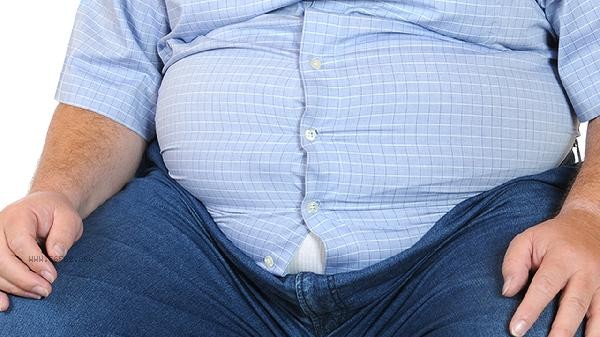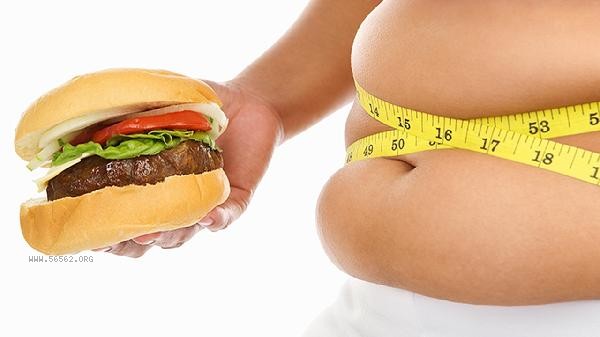17-year-old high school students can achieve weight loss by adjusting their diet structure, increasing their physical activity, following a regular schedule, controlling their snack intake, and psychological regulation. Weight loss during adolescence should take into account the needs of growth and development, and avoid extreme dieting or excessive exercise.

1. Adjust dietary structure
Ensure high-quality protein intake such as eggs and fish for three meals a day, paired with whole grain staple foods such as brown rice. Vegetables should occupy half of the plate volume, and dark vegetables such as broccoli and spinach should be preferred. The main cooking method is steaming and boiling, reducing the use of fried foods. Low sugar fruits such as strawberries and blueberries can be consumed in moderation as an extra meal, avoiding the intake of refined sugars such as high sugar milk tea and cakes.
2. Increase physical activity
Use 5-10 minutes of skipping rope or squats during breaks, accumulating 30 minutes of moderate intensity exercise per day. On weekends, one hour of aerobic exercise such as basketball and swimming can be done, combined with resistance training such as plank support to enhance muscles. Avoid prolonged sitting and stand for 3 minutes after each class to promote blood circulation. Warm up and stretch before and after exercise to prevent sports injuries.
3. Regular sleep schedule
Ensure 7-8 hours of sleep every day and try to fall asleep before 23:00 to maintain normal leptin secretion. Avoid staying up late to do homework, which can cause an increase in cortisol and lead to abdominal fat accumulation. Fixed meal times help stabilize metabolic rhythms, and breakfast should be eaten no later than 8 o'clock. Stop eating 2 hours before bedtime to prevent excess energy at night.

4. Control snack intake
Replace high salt snacks such as potato chips with sugar free yogurt and choose original nuts instead of chocolate. Purchase small packaged foods to avoid excessive consumption and avoid eating them casually while studying. Record daily snack calories, with no more than 200 calories per day. Avoid using food to relieve stress, and shift attention by listening to music and other methods.
5. Psychological regulation
Establish a healthy body posture awareness rather than blindly pursuing low weight, and avoid excessive comparison of body shape with classmates. Parents should pay attention to their children's emotional changes to prevent anxiety or loss of appetite due to weight loss. Progress can be recorded by writing a diary, and measuring waist circumference every week is more valuable as a reference than weighing oneself. If there is overeating or refusal to eat behavior, seek help from a psychological teacher in a timely manner. During weight loss, it is necessary to ensure a daily intake of at least 1200 calories to avoid affecting bone development and menstrual cycle. It is recommended to lose no more than 0.5 kilograms per week and to use a body fat scale to monitor changes in fat percentage. When dining in the school cafeteria, priority should be given to stir fried vegetables and braised meat, and avoid soaking rice in soup. Long term maintenance of a healthy lifestyle is more important than short-term rapid weight loss, and parents should assist in developing sustainable dietary and exercise plans.







Comments (0)
Leave a Comment
No comments yet
Be the first to share your thoughts!